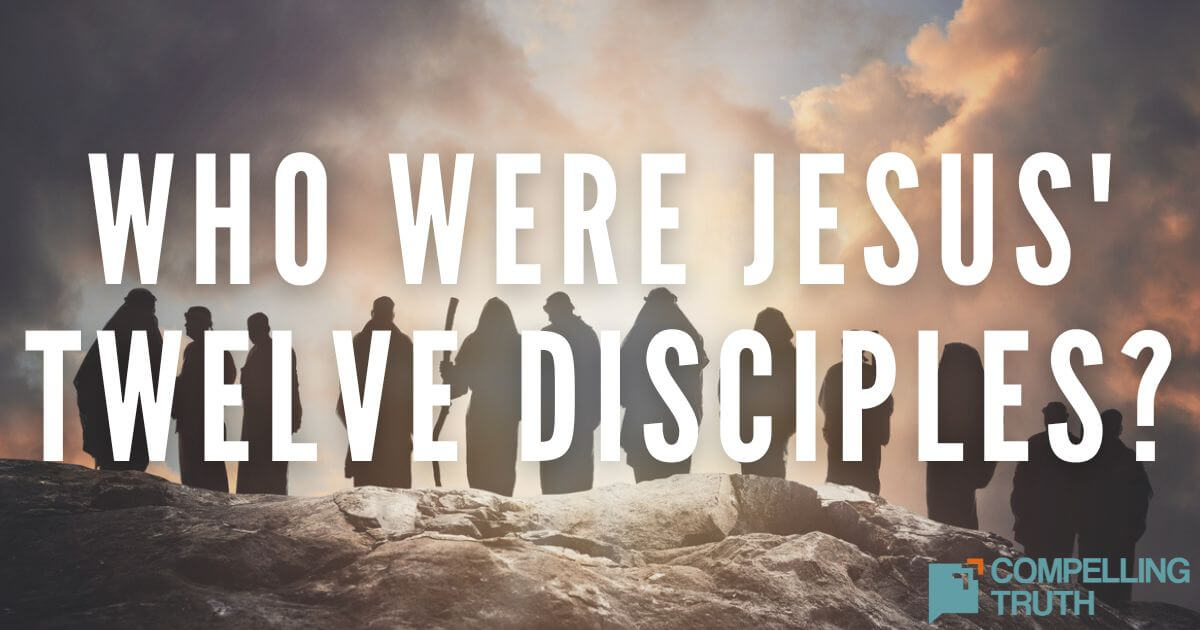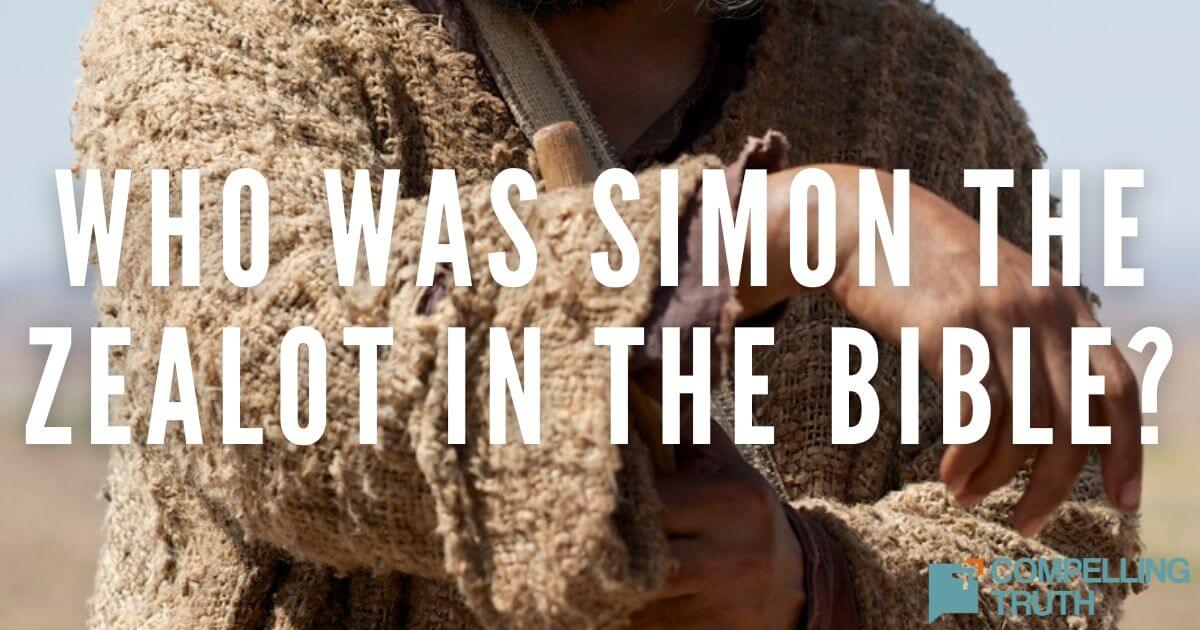Matthew, also known as Levi, was a tax collector in Capernaum, whom Jesus called to be a disciple. He immediately left his job and wealth to follow Jesus, a decision highlighted in three gospel accounts. After his call, Matthew hosted a banquet for Jesus, inviting other tax collectors and sinners, which led to criticism from the Pharisees. Jesus defended this by stating His mission to call sinners to repentance. Matthew's life demonstrates the importance of forsaking material wealth and comfort to follow Christ wholeheartedly.
In the eyes of the world, Matthew may have seemed like an unlikely candidate for a disciple of Jesus. The Pharisees based their standard of holiness on self-righteous works and perfection under the Jewish law. No one, not even themselves, could live up to that expectation. On the other hand, the Romans admired wealth, power, and one's position in society. Apart from being an Israelite, Matthew was doing pretty well for himself in that respect. However, Matthew recognized his sin and need for a savior. Not only that, but he gave up the riches of this world for the gift of eternity with God (Matthew 19:16–22, 24–28). From God's perspective, Matthew was the right man for the job. As a future leader of the church, he would be able to show unbelievers they needed forgiveness for their sins, Jesus died on the cross to pay the price for their sin, and only through believing in Him would they gain salvation for their souls.
Matthew shows us the importance of forsaking all else, including comfort and material wealth, to follow Christ. Matthew left his profitable job and comfortable life as a tax collector to become a disciple of Jesus. This demonstrates that true discipleship requires dying to self, picking up our crosses, and following Him (Matthew 16:24–26). It requires obedience to God's call over worldly comforts and possessions. Following Christ wholeheartedly may mean letting go of personal security and embracing a life of faith and service, but the riches and abundant life that come as a result far outweigh anything left behind.




